Not just Boracay...
Islamophobia and Muslim Travel: Should I Take My Hijab Off When I Travel?

With the current state of the world’s political climate, it is understandable why many Muslim travellers are apprehensive about where to travel to especially if they wish to visit infamous “Islamophobic” destinations such as the United States and most European nations.
The hijab is prominently perceived as a symbol of Islam by most non-Muslims. Since hijabs are only worn by Muslim women, they face a dilemma when they wish to travel abroad – to take off their hijab or not? As non-hijab wearing Muslim, I decided to gather insight from my hijabi friends who have travelled extensively to understand how they overcame their dilemma and how the hijab has affected them as Muslim travellers.
Is it safe to wear hijab abroad?

Safety is definitely the number one reason why most Muslim women decide to “dehijab” abroad. In fact, after recent events of terrorism in America or Europe, I came across multiple social media posts from local Muslim women who expressed concerns for their personal safety. Some of them chose to “dehijab” in their own home country.
“My mom literally just texted me “don’t wear the Hijab please” and she’s the most religious person in our family…” – @harryonmen on Twitter (November 9, 2016)
“It’s no longer safe to walk on the streets with a headscarf” – Alaa Basatne, a Miami-based writer for Fusion told CNN (November 16, 2016)
If locals themselves don’t feel safe in their homeland, it is unsurprising that Muslim travellers share the same fear.
Problems at airport security customs
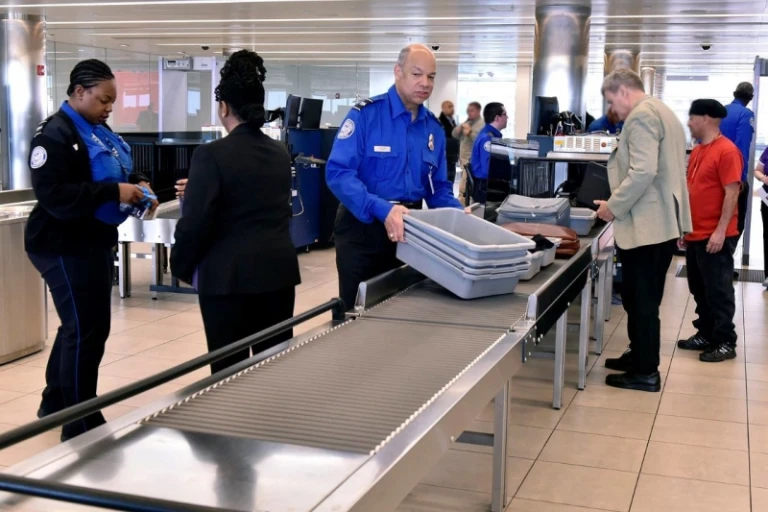
The first hurdle all travellers have to face before reaching their destinations is, of course, airport security customs. For years, news and social media sites have been sprinkled with reports and recounts of Muslim travellers being subjected to racial profiling and heavy scrutiny from customs officers.
One incident that went viral on the internet was Zainab Merchant’s horrifying experience at the Orlando International Airport. The Harvard University graduate said that the Transportation Security Administration (TSA) officers subjected her to intensive questioning and conducted intrusive searches, in which the officers even forced her to show her menstrual pad.
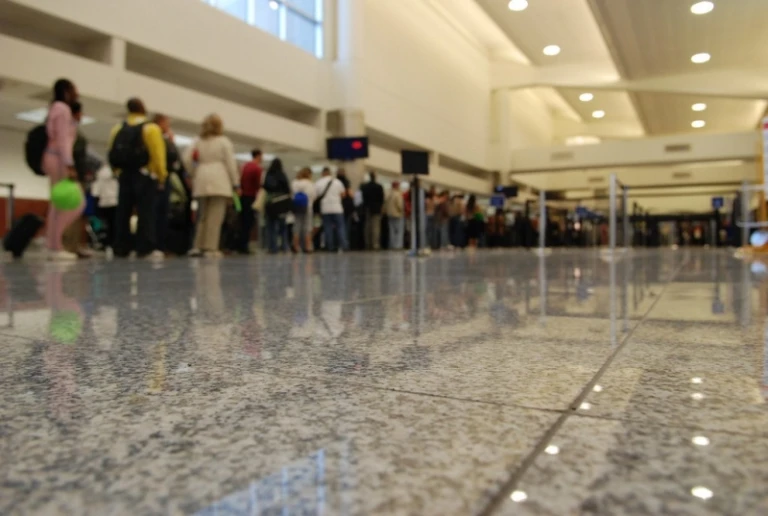
Even male Muslim celebrities aren’t immune to such treatments. Some high profile instances include Shah Rukh Khan, the famous Bollywood actor who was detained three times in seven years while travelling to the United States, and Muhammad Ali Jr., the famed boxer’s son who was stopped by customs officers at Fort Lauderdale-Hollywood International Airport.
Although I do not wear the hijab, I myself was nervous going through the airport customs of Paris’ Charles de Gaulle Airport and Los Angeles International Airpor. This is because my father’s name bore the name of the Prophet which was printed on my passport. Also, I was travelling either alone or with just my sister when passing through these airports. But I do feel travelling in groups makes a difference as you’re more likely to be perceived as a vacationing family.
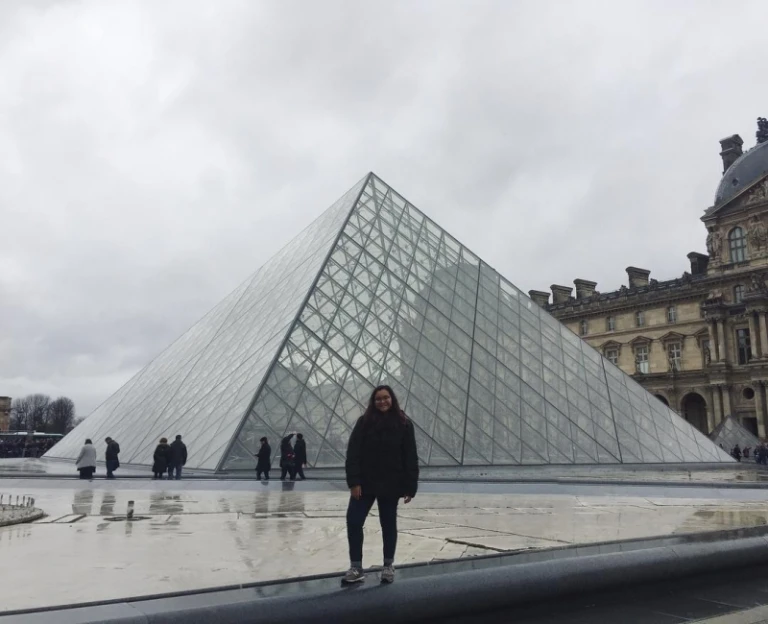
Unfortunately, I can’t say the same about some of my other hijabi friends. Even if they passed through customs with or without “dehijabing”, they still encountered some hiccups in the process:
“I was actually held back at customs and was “interviewed” before I could enter the US. I was worried about my safety around town and the neighbourhood so didn’t wear my hijab at first.” – Nurul who went for a university student exchange programme in Washington, United States
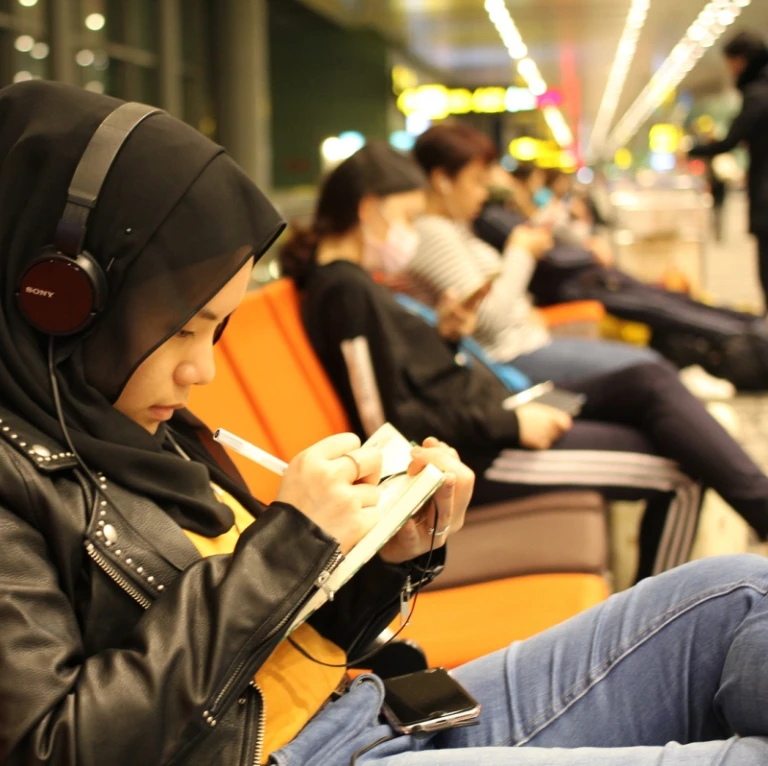
“Even when I didn’t wear my scarf, my passport picture was one in which I was donning my hijab, and even that rendered longer checks for only myself at border security and double and triple scrutiny at airports.” – Lidia Syahindah who went for a university student exchange programme in Leiden, the Netherlands
“There’s often some sort of extra step I have to go through at customs because of my name or Muslim identity. Every single time I travelled to Australia, I couldn’t go through automated clearance like other Singaporeans. I always had to go through the traditional customs clearance at the counters with officers.” – Sharifah Nur Afiqah who studied abroad in Melbourne, Australia
For the safety of others
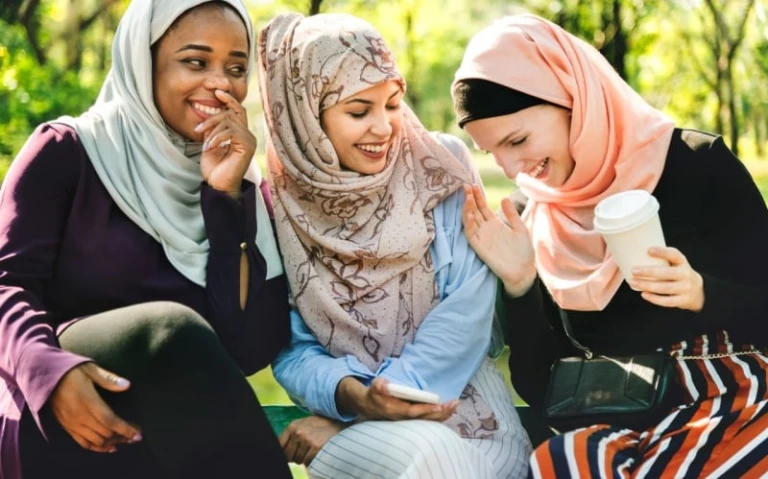
With an increase in the frequency of hate crimes or harassment over the years, it is not difficult to see why Muslim women are considering to “dehijab” abroad. This dilemma is especially significant when travelling with non-Muslims. When travelling with other Muslims, I’m sure that most of us can agree that we feel more at ease as there’s “safety in numbers”. Things are different when we embark on an overseas adventure with our non-Muslim friends.
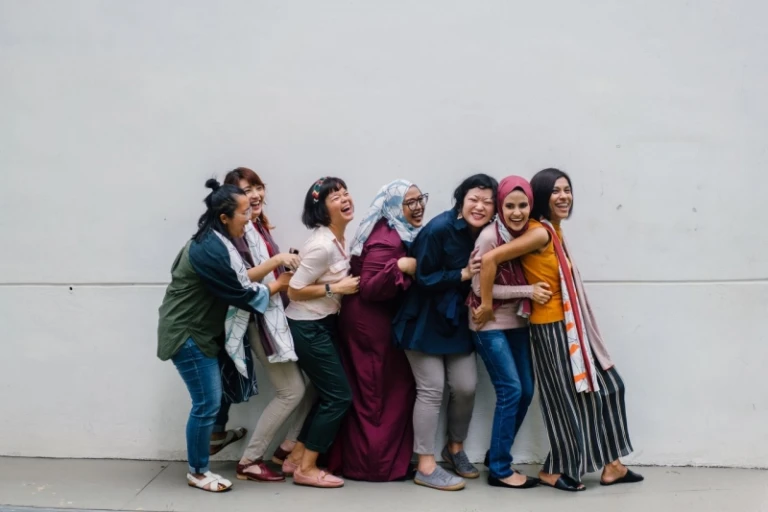
As a non-hijabi, I already felt a little worried when travelling with my non-Muslim friends during my university student exchange programme. I was concerned with sullying my friends’ exchange experience if racists hurl unsavoury comments towards me. I simply couldn’t fathom the amount of worry my hijabi friends must have while travelling with their non-Muslim friends.
“I decided to take off my scarf during part of my exchange for the comfort and safety of the friends I was travelling with. When we travel with other hijabis or our Muslim family members, we feel little to no discomfort because we feel protected knowing we have “strength in numbers”. However, this time, I was travelling with a group of all Chinese friends. I did not want my friends who were already travelling so far away from home alone to have to worry about unwanted attention, scrutiny or harassment.” – Lidia Syahindah who went for a university student exchange programme in Leiden, the Netherlands
“I wanted to blend in as much as possible.”
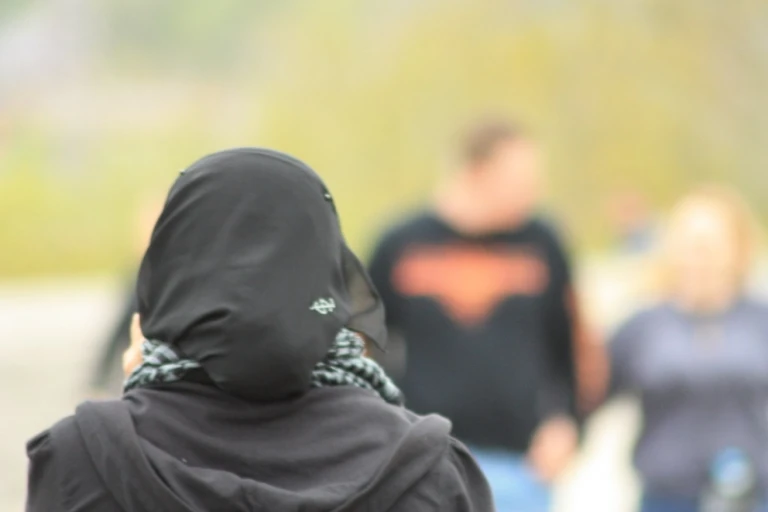
Besides the physical and verbal harassment that land most hijabi travellers in the “dehijabing” dilemma, more subtle forms of aggravation also do play a part in the decision-making process. With Muslims being a minority in most parts of the world and rampant issues of Islamophobia, many hijabis are susceptible to countless disapproving glances from non-Muslims.
From a non-hijabi standpoint, as most hijabi travellers are from religion-tolerant countries, I can understand that they are not used to the attention garnered just from a piece of clothing on their head. I’m sure none of us likes to be stared at or made to feel uncomfortable. This is especially so when you’re travelling to a foreign land and that you don’t want to stick out amidst prevailing anti-Islam sentiments.
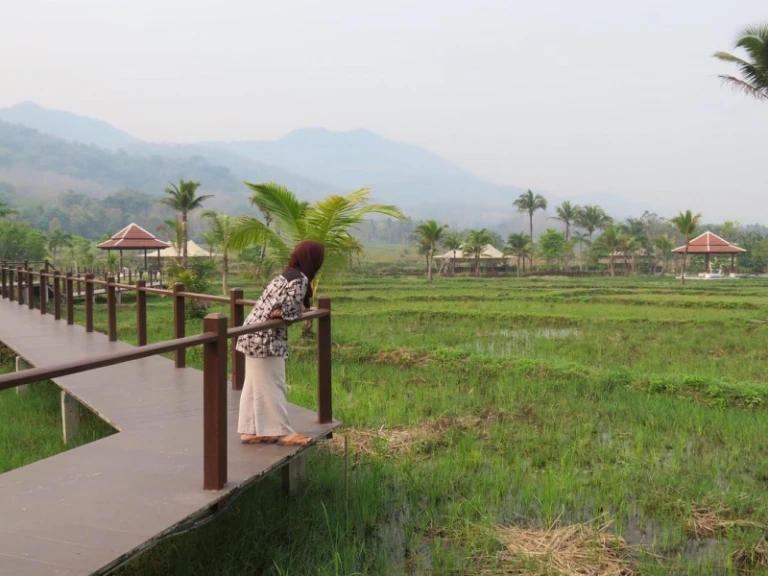
“Sometimes, the locals in certain countries will openly stare and gape at me because they just don’t encounter many visibly Muslim tourists or people. I’m fine with it as long as they don’t throw me dirty looks or harass me.” – Sharifah Nur Afiqah who studied abroad in Melbourne, Australia
“I decided to not wear my hijab when travelling out of town as I would be venturing in an unknown environment and still get self-conscious about people staring.” – Nurul who went for a university student exchange programme in Washington, United States
“It was for my own personal aversion to ‘sticking out’. I wanted to blend in as much as possible – I didn’t want to give people a reason to look at me weirdly or to be mean unnecessarily.” – Lidia Syahindah who went for a university student exchange programme in Leiden, the Netherlands
“I began to miss wearing it.”
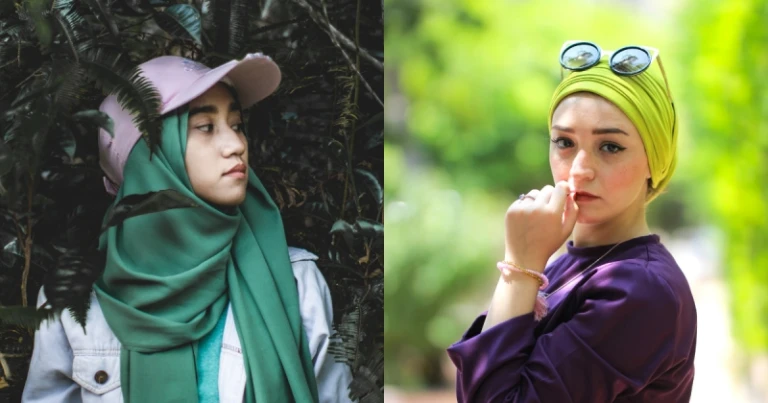
As I gathered insight from my hijabi friends, it was heart-warming to find out that they missed wearing their hijabs while they were overseas. Fortunately, the cities they were travelling to felt safe enough for them to don the hijab again, albeit in more liberal ways.
“When I was in Leiden, there was a sizeable Muslim community. I began wearing my scarf again, though in more “liberal” ways than that which we are used to seeing Muslim women wear in Singapore. I would wear it turban-style or tied at the side like a braid. Things changed as I saw more girls and women in Leiden donning the scarf. I began to miss wearing it. I also wore them to larger-populated cities where I knew the hijabi community was also larger.” – Lidia Syahindah who went for a university student exchange programme in Leiden, the Netherlands
“When travelling outside my usual neighbourhood, I wore a hat instead to hide most of my hair. The hat felt more comfortable to wear out.” – Nurul who went for a university student exchange programme in Washington, United States
Thoughts and tips for other hijabis facing similar dilemmas

“I think you find out a lot about your own spirituality and it did also bring me closer to the religion in a way. It also taught me to trust that Allah SWT understood our intentions, our situations and sacrifices.” – Lidia Syahindah
“I personally considered “dehijabing” abroad because of things I read on the ‘net which heightened my fear of experiencing Islamophobia. I’m glad I didn’t end up “dehijabing” in the end because I got to present myself as who I wanted to identify as and Alhamdulillah, didn’t face harassment or anything worse for being Muslim. That said, I wouldn’t try to encourage or discourage anyone from “dehijabing” abroad. Do what you’re comfortable with and what you think is best for you and the situation you’re in.” – Sharifah Nur Afiqah
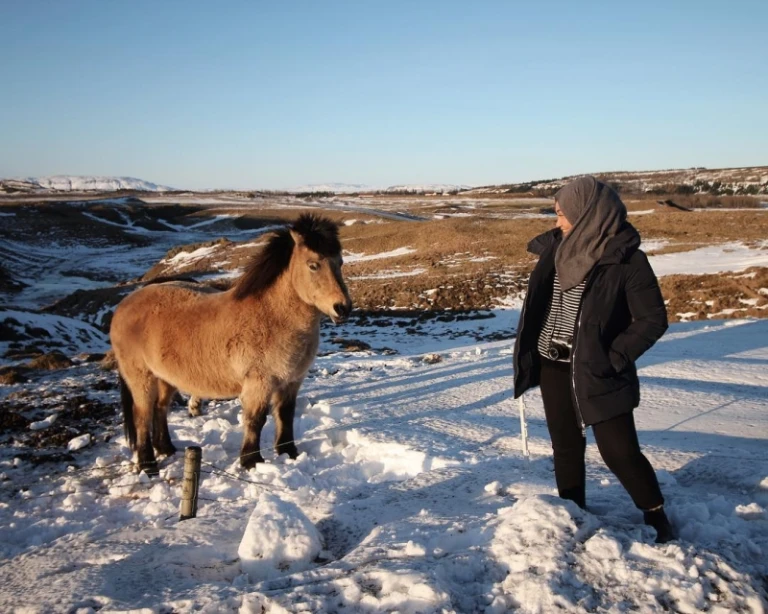
“I think ultimately it’s up to you, you should decide that based on your own comfort level. However, I think one shouldn’t decide to dehijab before experiencing it first. Just because, I feel like it might not be as bad as we expect it to be!” – Nadhira Putri, Editorial Intern
“I was definitely overthinking about being judged and stared at. Most of the people I encountered were friendly.” – Nurul

While most of my hijabi friends who did “dehijab” aboard said that their faith wasn’t strong enough to travel with a hijab on, I disagree. In my opinion, I believe that your faith is already solidified when you chose to don the hijab. Also, the fact that you are even in the “dehijabing” dilemma shows that you care about your faith so much that you are placed in a difficult position.
“The Prophet PBUH said, “Consult your conscience. The virtue is that which your soul feels at ease, sin is that which causes agitation in your soul.” – Ahmad, Al-Mundhiri An-Nawawi, and others
As a Muslim woman not wearing the hijab, I really admire my fellow hijabi travellers. In this world, we are up against a lot of tests and trials from the Almighty. This is especially true during these times of increasing anti-Islamic sentiments in all corners of the globe. Whether you choose to continue wearing the hijab or not on your travels, I’m certain that it is a tough decision to make.
Published at
About Author
Sara Amira
Subscribe our Newsletter
Get our weekly tips and travel news!
Recommended Articles
10 Best Halal-Friendly Destinations in The Philippines for Muslim Travellers 10 Best Places for Muslim Travellers to See Tulip Festivals in 2025 Fun Fact: Tulips didn’t actually come from the Netherlands but Türkiye!
10 Halal Anime Food Guide for Muslim Travellers in Japan Muslim-friendly versions of popular anime dishes across Japan!
Top 10 Popular Muslim-Friendly Destinations to Visit in 2025 Our schedules are packed, buddies!
10 Halal Restaurants in Bangkok to Satisfy Your Thai Cravings From Korean-style BBQ and Punjabi curries to award-winning shrimp Pad Thai, take your pick from these amazing Halal restaurants in Bangkok.
Latest Articles
Inside Doha’s Al-Mujadilah Centre: The World’s First Women-Mosque in Qatar Yep, men cannot pray here, but they can visit for guided tours, architecture visits, or special programs.
A Complete Muslim Traveller’s Guide to Hamidiye Camii in Kırşehir Indeed, the “Jannah Mosque” of Türkiye, MashaAllah!
The Stars are Back: A Complete Guide to the Newly Reopened Planetarium Jakarta The long-awaited iconic attraction in Jakarta is now officially open!
Heavy Snow Triggers 1,000km Traffic Jams and Flight Disruptions in Paris Paris Traffic Jams Reach 1,000km Amid Snow Disruptions
Bali 2026: What Muslim Travellers Need to Know About New Entry Rules and Tourism Policies With these new measures, Bali is shifting toward a more orderly, safe, and sustainable tourism model.

